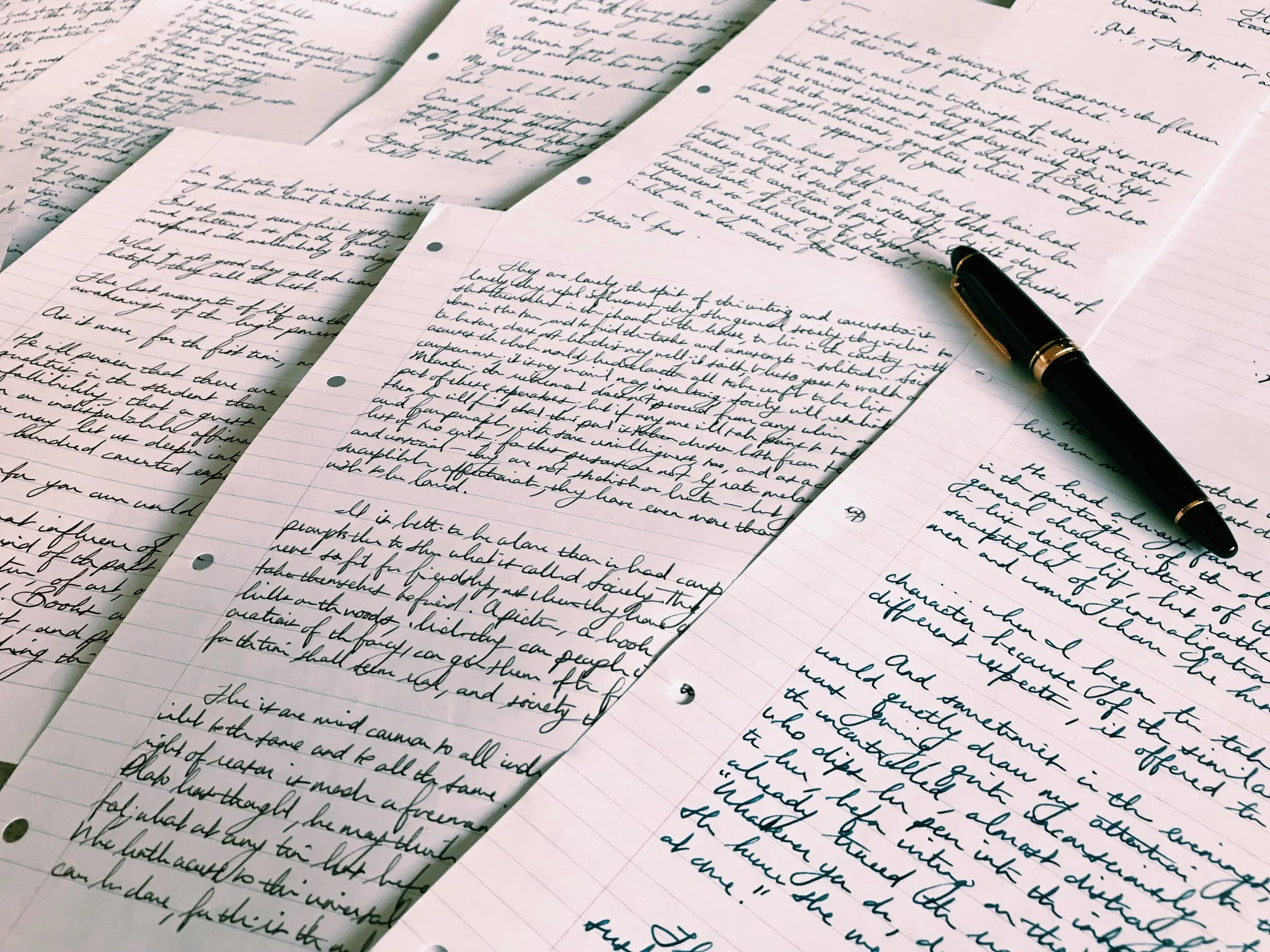Review: Baltasar Gracian - The Pocket Oracle and Art of Prudence
The Church of San Miguel in the town of Zaragoza, Belmonte de Gracian, the village where Gracian was born.
“Know a little more and live a little less. Others argue the opposite. Well-spent leisure is worth more than work. We have nothing of our own but time . . .
”
Portrait of Gracian by Valentín Carderera
One of the first books I remember adding to my "to-read" list many years ago, this was one of the few works that thoroughly exceeded any expectations I may have held.
Gracian's Art of Worldly Wisdom is a collection of 300 maxims containing excellent, practical advice; very Senecan, and, at times, Machiavellian in sentiment (but much more applicable than The Prince.)
Personally, I noted around 50 which I would consider essential to read in their entirety, as well as many, many more, which contain nuggets of gold For a collection of 300, there is an impressive amount of quality.
Selected Excerpts
. . . when culture is lacking, perfection remains incomplete. (12)
There's much to know and life is short, and a life without knowledge is not a life. (15)
And if he gives up on people, this is not because he is fickle, but because they have given up on truth. (29)
Never sin against your own good taste. (33)
Truth is for the few; deception is as common as it is vulgar. (43)
To be able to choose, and to choose the best. (51)
Time and I against any other two. (55)
A truly deep mind achieves eternity. (57)
Self-knowledge is the start of self-correction. (69)
Fun must have its place, but seriousness must dominate. (76)
Let your manner be lofty, endeavour to make it sublime. (88)
People with only one concern and only one subject are usually boring. (105)
A good exterior is the best recommendation of a perfect interior. (130)
The Title page of Gracian's Manual
If one universally accomplished friend is enough to make Rome and the rest of the universe, then be that friend to yourself, and you will be able to live completely on your own. (137)
Whom will you need, if there's no opinion or taste greater than your own? (137)
Deformity of the mind is uglier than that of the body because it goes against divine beauty. (168)
Moderation is necessary even in our desire for knowledge so as not to know things badly. (174)
Take enjoyment slowly and tasks quickly. (174)
Either know, or listen to someone who does. (176)
Stupidity's faults are incurable, for since the ignorant don't know what they are, they don't search for what they lack. (176)
Recognise faults, whatever the approval they enjoy. (186)
Vices might be ennobled, but they are never noble. (186)
Others make it a policy to praise today's mediocrities more than yesterday's marvels. (188)
You should see and hear, but remain silent. (192)
A person has everything who cares nothing about what matters little. (192)
Everyone has too high an opinion of themselves, especially those with least reason to. (194)
To be truly wise, its not enough just to appear to be so, far less to appear so to yourself. (201)
There have been few Senecas . . . (203)
What seems a throwaway comment to the person making it can seem deeply significant to the person who catches and ponders it. (207)
Know how to divide your life wisely, not as things arise, but with foresight and discrimination. (229)
Spend the first part of a fine life in communication with the dead. We are born to know and to know ourselves, and books reliably turn us into people . . . Let the third stage be spent entirely with yourself: the ultimate happiness, to philosophise. (229)
But what is essential must come first and only later, if there's time, what is incidental. (249)
In acquiring knowledge, some start with what is least important, leaving the honourable and useful subjects for when life is at an end. (249)
For knowledge and life, method is essential. (249)
. . . everything should be great and majestic, so that all their actions, and even their words, may be clothes in a transcendent, grandiose majesty. (296)
But good taste flavours everything in life. (298)







